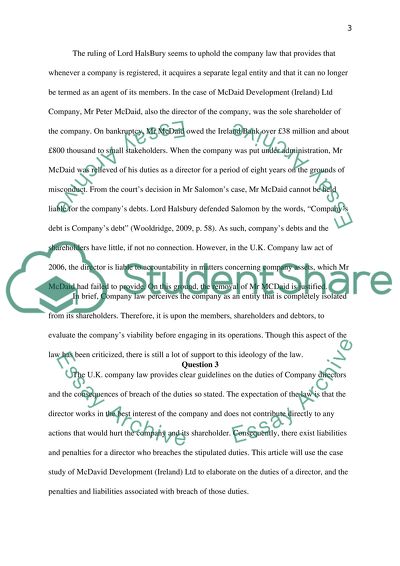Cite this document
(“Company Law in the UK Assignment Example | Topics and Well Written Essays - 1000 words”, n.d.)
Retrieved from https://studentshare.org/law/1484059-company-case-study
Retrieved from https://studentshare.org/law/1484059-company-case-study
(Company Law in the UK Assignment Example | Topics and Well Written Essays - 1000 Words)
https://studentshare.org/law/1484059-company-case-study.
https://studentshare.org/law/1484059-company-case-study.
“Company Law in the UK Assignment Example | Topics and Well Written Essays - 1000 Words”, n.d. https://studentshare.org/law/1484059-company-case-study.


